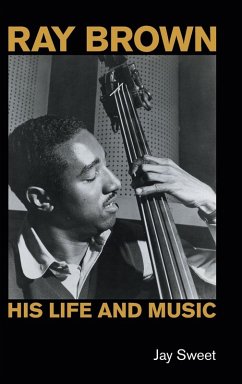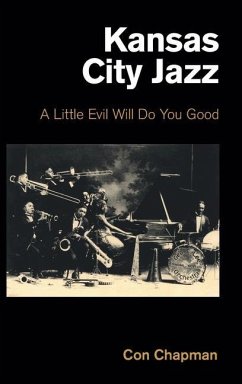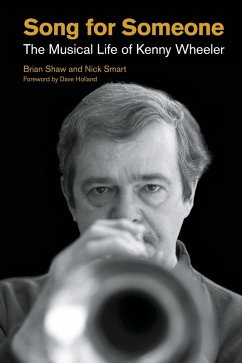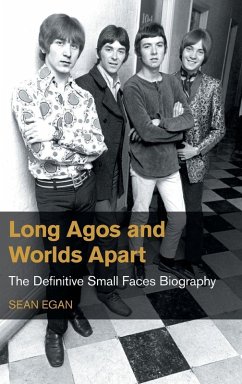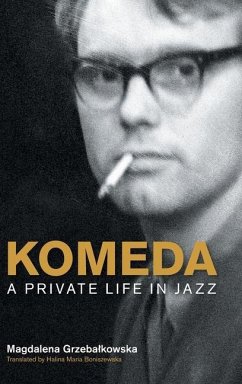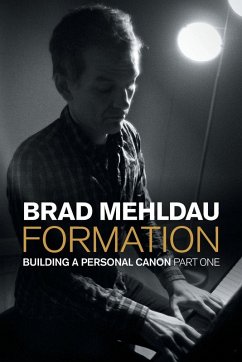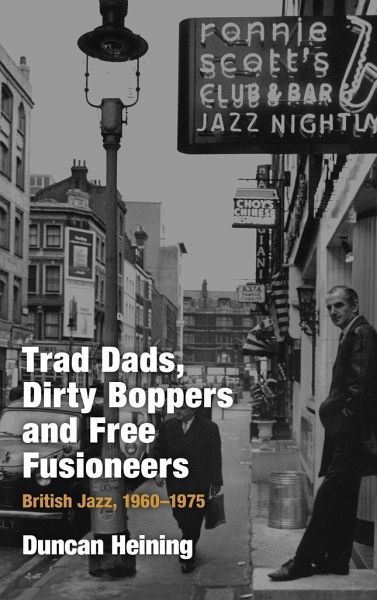
Trad Dads, Dirty Boppers and Free Fusioneers
British Jazz, 1960-75
Versandkostenfrei!
Versandfertig in 1-2 Wochen
45,99 €
inkl. MwSt.

PAYBACK Punkte
23 °P sammeln!
The book follows a number of themes- movers and shakers, drugs and addictions, relationships with Rock and Blues, new technologies, media coverage, arts funding, from clubs to concert halls, record companies and, not least, the economics of Jazz. In dong so, the book challenges many conventional understandings of British Jazz and its scene.





